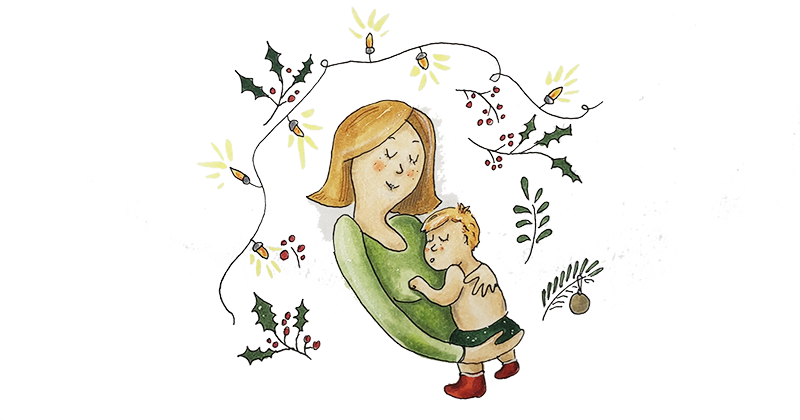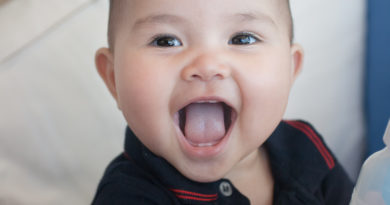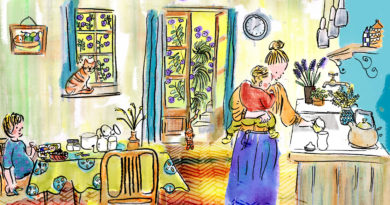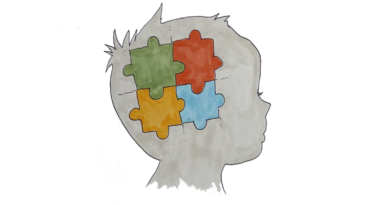Tips for Expectant and Breastfeeding Mothers during the Festive Season
The festive season is approaching, and many of you will be starting to make plans to travel to family or friends all around the world or, on the other hand, you could be expecting family to visit you in Switzerland. There will also be those of you who are not able to travel for various reasons, including the imminent delivery of your baby. All of these bring their own challenges; below are some tips to help you survive the festive period if you are expecting a baby or breastfeeding an infant.
Expectant Mothers (and Fathers)
If you are planning to travel back to your family over the festive period, then you need to be prepared. Whatever your mode of travel, remember to take your maternity notes with you and have a small bag just in case your infant decides to make an early appearance. Check with your gynaecologist for any advice before a long-distance journey.
For those of you who are expecting your baby during the Christmas season, check if and when your gynaecologist is on vacation, and arrange your check-ups accordingly. Maternity wards never close! So if you have any worries, do not hesitate to call them directly. Also, do ensure, if you require child-care for an older sibling when you go to have your new baby, that the carer is available over the Christmas period, and make alternative arrangements accordingly.
Breastfeeding
Receiving guests: If you are expecting visitors over the festive period, make sure to delegate. Ask your guests to provide some parts of the meal or to cook while you rest or breastfeed. Don’t be afraid to say no – for example, if your family wants to go out and you are tired. Make sure to take time to rest and have some downtime for you and your baby.
Milk supply: The festive season can bring its own stresses, and this can have an effect on your milk supply. Bear this in mind, if you do find that you are not producing as much milk as you have previously. If this happens, take some time out from the preparations, delegate and concentrate on your baby. To increase supply, feed more frequently, and pump after feeding. There are also certain foods that help to increase milk supply, including oatmeal, barley, ginger, fennel and garlic, and there are also those to avoid, as they can suppress milk supply such as peppermint and spearmint, sage and oregano. All of these are fine in moderation, but if your milk supply is low, then it may be best to try to avoid them for a few days.
If your milk supply does not increase, you may consider taking a galacatagogue. Natural galactagogues include fenugreek, blessed thistle, fennel tea, goat’s rue and milk thistle, and there are also medicinal galactagogues such as Metoclopramide and domperidone, but you will need to see a lactation consultant for this.
Alcohol. The festive season is often a time when alcohol intake increases, and whilst there is evidence to suggest alcohol should be avoided in pregnancy, the evidence for breastfeeding is limited. Thomas Hale (an expert from Texas on medications and mothers’ milk) suggests, “Reasonable alcohol intake should not be discouraged at all. As is the case with most drugs, very little alcohol comes out in the milk. The mother can take some alcohol and continue breastfeeding as she normally does. Prohibiting alcohol is another way we make life unnecessarily restrictive for nursing mothers.” My advice as a Board Certified Lactation Consultant is that the odd glass of wine or occasional alcoholic drink is fine when breastfeeding. But if you know that you are going out and will drink a lot, then pump during the day so you have a supply in the refrigerator for when you get home; breastfeed your infant before going out and then, when you return home, “pump and dump” the milk, unless it has been a minimum of four hours since your last drink.
IMPORTANT: If you have been drinking, do not share your bed with your infant!
Traveling with a breastfeeding infant: If you are traveling, you may find that your infant is a little unsettled. A new environment, new faces, and being held by “new” people can be very overwhelming, and breastfeeding brings the comfort your baby needs. Take a sling or carrier and try to maintain physical contact, to reassure her that all is ok as she adjusts to the new environment. Time changes can upset the routine but should not affect your milk supply. Keep feeding on demand and try to adjust to the time difference by living in the time zone that you are in, not thinking about where you have come from.
If you are travelling by plane, then breastfeed during take-off and landing to help avoid discomfort or even pain from the change in cabin pressure. Take a shawl or wrap with you if you feel uncomfortable feeding on the flight, and do not worry if your infant cries – this is normal, and breastfeeding can provide them the comfort she needs to settle.
Be alert. If you are traveling alone, you can also be a target for thieves, as you can be easily distracted. Keep all valuables carefully stored on your person, not in a bag that can easily be mislaid.
For infants who have started to wean, the change in environment may make them feel unsettled, and for comfort and reassurance, they may ask to breastfeed more often. This is temporary, and your milk supply will adjust accordingly. In a day or so they will return to their normal feeding pattern, and so will your milk supply.
Illness: If you or your infant should become ill with something such as a cold, flu, or a stomach upset, it is important to know that your milk will not transmit your illness to your baby. It will actually have the opposite effect, as your milk has antibodies in it that are specific to your illness (plus anything else you or baby have been exposed to). These antibodies will help prevent your baby from getting sick; or if he does get sick, he’ll probably not be as sick as you.
If your baby is sick, continue to offer the breast, especially for those infants who have started to wean, as they may not want or tolerate other foods. As above, your milk contains antibodies and will help your baby to recover much more quickly.
The main thing is to enjoy this holiday period. Talk to your partner before you travel or receive visitors, to establish your joint expectations. Do not feel pressured to do something you do not want to do; delegate to visitors, and put yourself and your baby first.
Wishing you a happy festive season.
By Janet Prince RM, IBCLC
Janet is a midwife, certified lactation consultant and bereavement specialist. Originally from England, she has been living for the past 12 years in Zug.
Illustration by Aleksandra Koroleva
Aleksandra, originally from Moscow, Russia, now lives in Adliswil with her husband and 3.5-year-old son. She specializes in clinical psychology and started studying illustration after her son’s birth. In her free time Aleksandra likes sleeping, just as all mothers do. https://www.instagram.com/uber_evil




